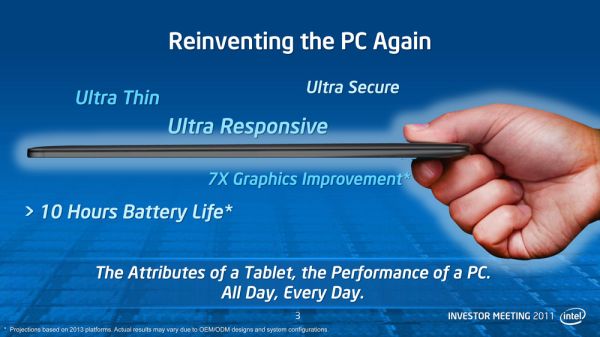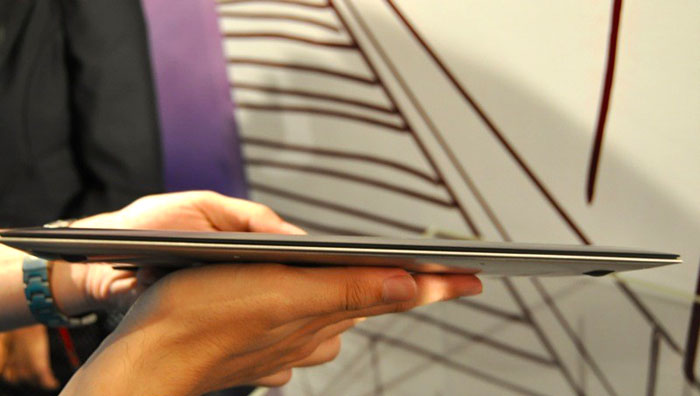As with any surgery, a top concern for laser eye treatment patients is recovery time. After all, you want to start enjoying the benefits of enhanced vision as soon as possible! Fortunately, most laser treatments for eyes have short recovery times. The basic recovery stages will be outlined for you here so that you can walk into your surgical decision with a good understanding of your healing path.
The Day of Surgery
Laser eye surgery is what is known as an ambulatory surgery. This means you walk in and walk out the same day, under your own power. Do not drive home. Let’s not get too carried away here! Your vision will not be instantaneously improved, especially if you needed intense correction, so give your eyes a chance to get used to their new shape.
Most patients will experience mild pain and discomfort as the numbing drops wear off, usually in the form of dry eye or “scratchiness”. Your doctor will have given you antibiotic and anti-inflammatory drops to use that day, and warned you not to rub your eyes. This is serious, as poking around in your eye immediately could dislodge the flap or cause irritation that will compromise the clarity of your vision. Your best course of action is to put in the drops and go to sleep.
The First Week
The good news is that most patients can return to their normal activities, including work, the next day. About half of all patients choose to take an additional day off to allow themselves more time to adjust to their new eyesight, but this is up to you. Avoid wearing eye make-up and limit your time in smoky or dusty environments. Expect increased light sensitivity, slight irritation or dry eye, and to have some challenges reading or doing intricate tasks.
The more correction that was done as a part of your surgery, the more you may need to adjust. Remember that this is completely normal. Your eyes need to get used to their new refractive abilities, and your brain needs to adapt to the different news coming in about depth perception. Climbing mountains, flying planes and doing surgery is not recommended until your vision has stabilized.
The First Month
Almost 37% of patients report some symptoms of dry eye following a laser eye treatment, with the greatest severity in the first few weeks after treatment. Your eye is getting used to the new shape of your cornea. Having some drops handy will help you until these symptoms subside.
You may also notice mild glare, halos around lights or starbursting effects. Your vision in dim light may be less than what you had hoped for when you had the surgery. This is normal, and as long as the effects are minor you should just adapt. However, double vision, ghosting, unstable vision and/or continued irritation or bleeding should be reported to your doctor.
After 6 Months
At this point, your eyes should be healed and stabilized from their laser eye treatments. You will have a sense of what your new level of uncorrected vision will be, and whether you will need reading glasses or can be done with vision correction until old age. Most patients at the 6 month mark report that all irritating symptoms of dry eye are gone and that they are fully satisfied with their decision to have treatment.












0 comments:
Post a Comment